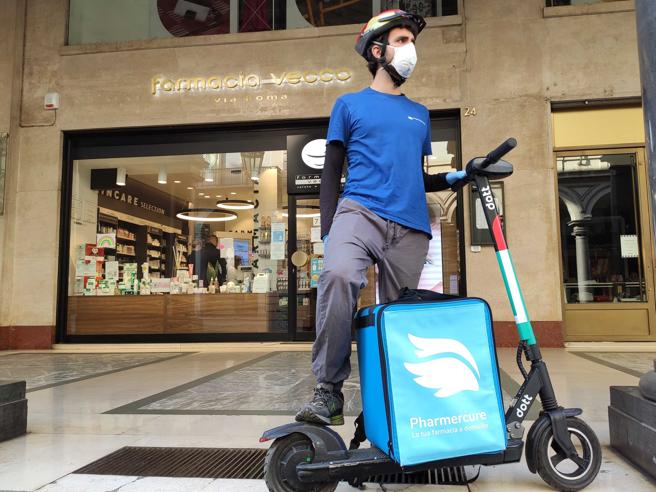Business, General
COVID-19: how shared micromobility operators are reacting?
25 March, 2020
When around 2.6 billion people are required to #StayAtHome around the globe to slow down the COVID-19 propagation, mobility turns into non-mobility. In front of this unprecedented pandemic, shared micromobility operators have to adapt to local regulation and needs, in order to provide the safest and most useful service… or simply to survive the financial crisis that closely follows the health one.
A safe/sustainable transportation option?
In countries hardly impacted by the coronavirus, where moves are restricted to vital needs, all shared transportation options are potential spreading vectors of the epidemic. Public transport frequency has been set to a minimum, something easily understandable in times of social distancing. Ride-hailing services are suffering a lot from the situation as well, as it is quite impossible to avoid touching any part of the vehicle you climb in.
If shared micromobility options could be seen as an interesting option, users quickly highlighted that it is currently not a trusted option. In Paris, Lime’s main market worldwide, ridership decreased from around 15,000 to… 300 daily trips.
In a race not to lose too much money, most of the main operators chose to stop operations. The number of markets Lime put on pause is impressive and it also highlights the different health policies, as the company still operates in South Korea, one of the main COVID-19 centres, where there are no travel bans but drastic quarantine measures and large scale testing.
Bird stopped operations in 6 US cities and in all of its European markets. Tier and Voi in all markets except the Nordics and Germany, with reduced fleets. Wheels in all cities worldwide. If the health criterion is strong, the financial one is certainly central: as Bloomberg calculated, Lime only has 12 weeks left before running out of money! If the world leader is fighting to survive, already planning major layoffs, you can imagine its competitors’ situation… How will they survive to a couple of months without revenue, and to the uncertainty of how/when the ridership will come back to normal?
Testing the faculty to adapt
For some operators, the situation is an obligation to adapt their business model. If sharing the vehicles is a vector of COVID-19 propagation, then let’s make it private! In France, pony launched a privatisation offer, allowing the user to have private access for a day (7€ bike), a week (8€ bike / 20€ e-scooter) or a month (12€ / 40€ e-scooter). In India, following a similar model, Yulu launched a “Privé” offer for its Miracle: from 15 days to 60 days for around 1,10€/day. I would not be surprised to see similar offers emerging soon from more operators.
Under containment measures, many workers are still commuting to maintain vital services: health services, of course, but also grocery supply… Some operators are therefore still offering alternative options to less frequent public transports lines, with a limited service, such as Dott in Paris and Lyon, Tier and Voi in Germany and the Nordics or Spin in San Francisco.
Operators are also contributing to the social effort by providing free service to health workers. Santander Cycles in London and Beryl bikes in Bournemouth and Poole are now free for NHS workers, Revel mopeds are free for all American healthcare providers, same as pony bikes and scooters and Cityscoot mopeds for health workers in France.
Some interesting delivery services have also been put in place: Bolt Mobility is offering food and medicine deliveries, while Dott partners with Pharmercure to deliver medicine in Torino. In Baton Rouge, restaurants can use Gotcha vehicles at a discount rate for deliveries.

The COVID-19 situation emphasis once again the need for micromobility companies to innovate and adapt to an ever-evolving environment. 2020 was already forecasted as the year of consolidation for the shared micromobility industry… the pandemic will be the catalyst, speeding up business model mutations, bankrupts and buy-outs.
Leave a comment